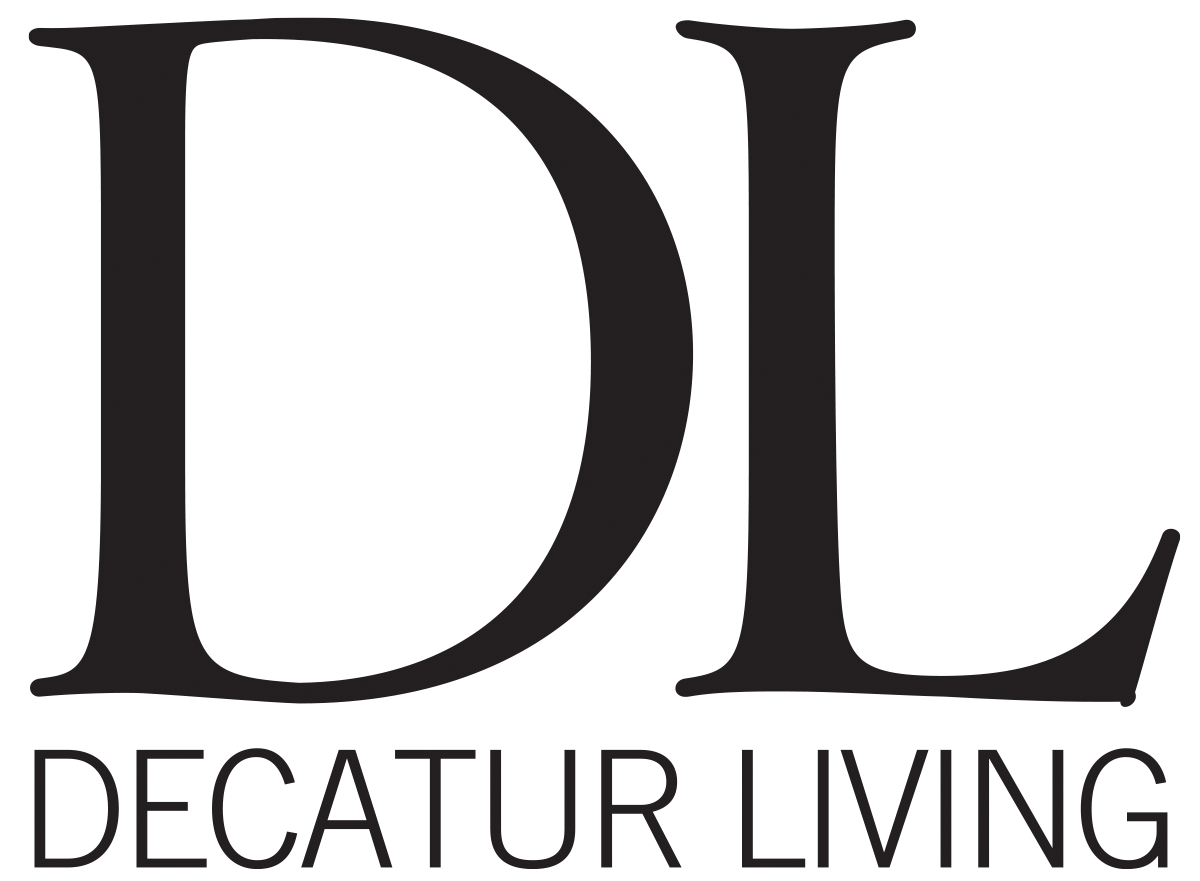
Tax Time and College Savings
It’s never too late to start now
SAVING FOR A COLLEGE education can be an intimidating undertaking for many parents who may be inexperienced with tax laws and unsure how to balance their own financial goals, such as saving for retirement and the financial needs of their children. Some get overwhelmed by the options and procrastinate starting.
Here are some factors to consider when selecting a plan:
- Do you want your child to pay for any portion of their own education, such as by working during college or obtaining student loans?
- Doing so would allow a child to become a stakeholder in their education.
- What expenses are eligible with respect to each option?

Some education savings vehicles can be used only for college tuition, while others can be used for books, fees, room and board, equipment and other education-related expenses. Still other plans allow funds to be used for primary or secondary education in addition to college and university education.
What are the tax implications of saving and paying for the education?
This consideration includes review of applicable federal and state income, gift, estate and generation-skipping taxes. Also worthy of consideration, especially for parents with only one child, is what happens to the funds allocated to an education plan if that child does not attend college.
Timing can be the most substantial consideration of all. If the child is very young and college is far away, then the parents have time to systematically accumulate and invest money, which allows for growth of the assets. If college is right around the corner, then other options should be considered, such as borrowing against existing assets.
Potential Education Savings Strategies include:
- Section 529 Plan
- Coverdell Education Savings Account
- Qualified Transfers to the College or Institution
- Uniform Transfers to Minors Act
- (UTMA)/Uniform Gift to Minors Act (UGMA)
- Parent’s Roth IRA
- Cash value of a permanent life insurance policy via a policy loan*
While strategies vary in popularity, the best way to know which option is best for your family’s needs, circumstances and goals is to ask a financial professional. You can expect guidance that is free from conflict and can be adapted to changes in your life and family

*Loans against your policy accrue interest and decrease the death benefit and available cash surrender value by the amount of the outstanding loan and interest.
Neither NYLIFE Securities LLC nor any of its registered representatives are in the business of offering tax, legal or accounting advice. You should consult with your professional advisors for tax, legal, or accounting advice.







